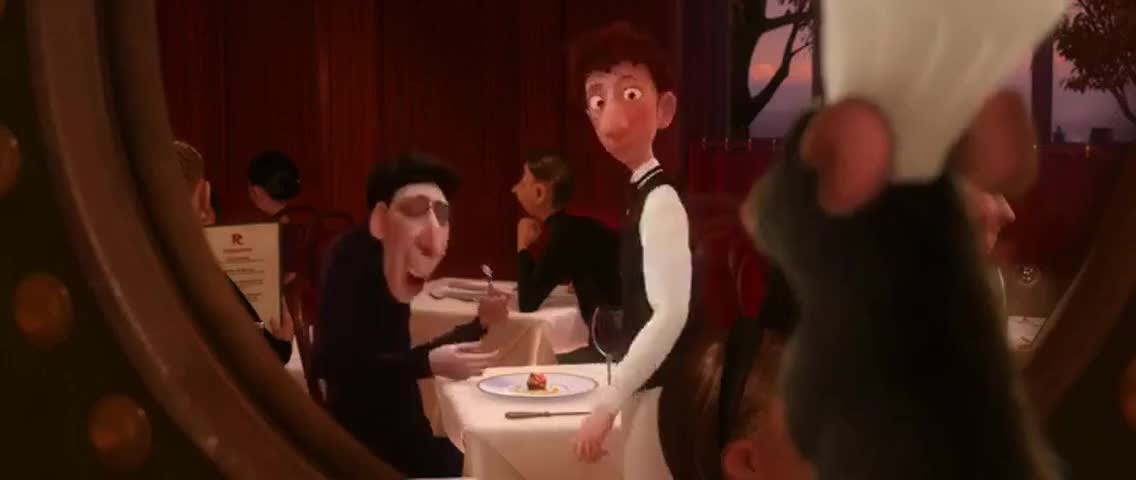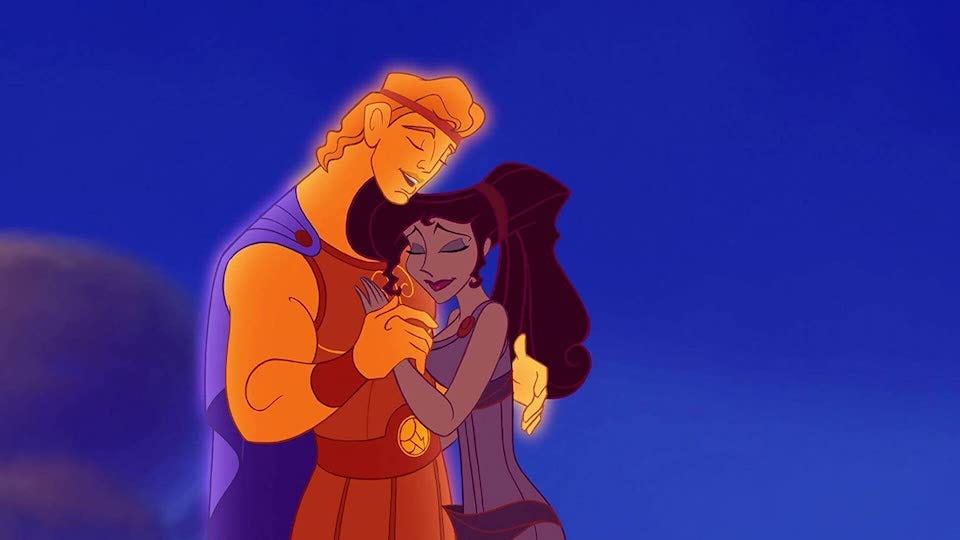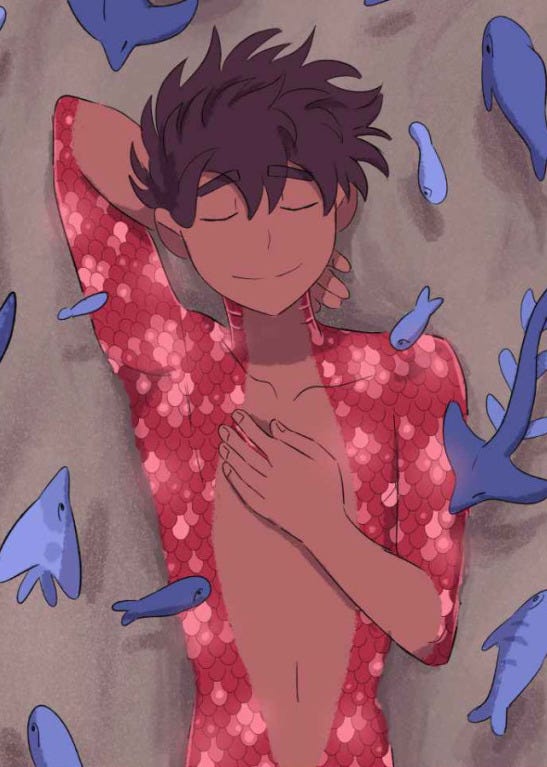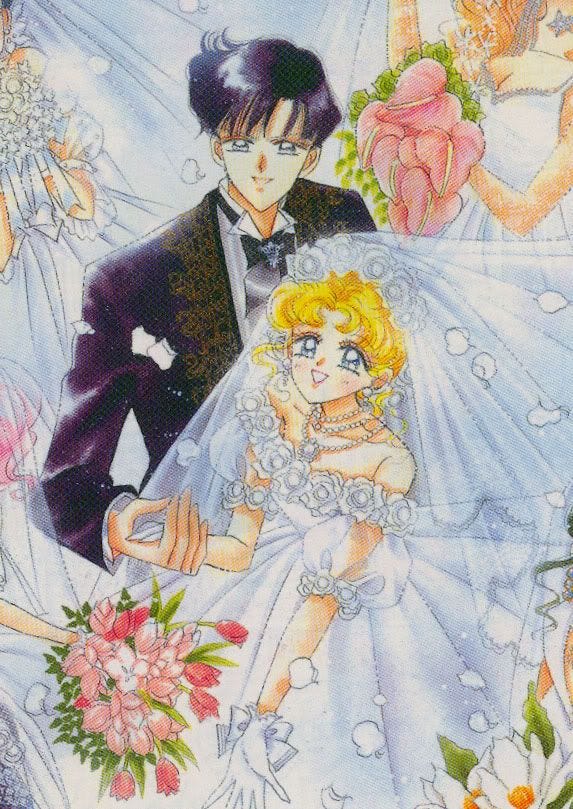Interview notes: to be discarded
On the 8th of August, the Ninth House had received a call at noon. By the end of the hour, my newsletter column had secured a tell-all interview with the reigning prince of Everywood, the elusive up-and-coming big-screen heartthrob who refused to have any private profiles done on him, frustrating his PR agency and journalists alike. Everyone guessed it was to protect his squeaky clean good-boy persona so he would stay bankable for the rom-coms, which just made them more curious about his backstory. Who would accept any private interviews when you knew it would be all about your father?
We could all see him going strength to strength; Suraj had been trained relentlessly by his father, who had dominated this country’s film industry before him and had now mentored him to take over.
Suraj had just one request. He knew about my reputation as a cutthroat critic and wanted me to destroy his career.
Everyone who’s worked with Suraj has gushed about him in the same handful of words to the tabloids eager for a scoop: pleasant, polite, generous, ineffable, generous, helpful. From the directors to the catering table, Suraj was the prodigal son, with his swoony old-world manners and new-world box-office pull, the center everyone revolved around, the object of the world’s fascination. The nepotism debates die down when he enters the room because the earlier brat heroes make Suraj look like sunshine.
One search-over from the golden boy and you can see the disciplinarian shadow hovering over the child, jerking him like a puppet, commanding him to read you and give you exactly what you want. At the award shows, people were falling over themselves to compliment his titan father on his ‘stellar upbringing’, asking him cloyingly for parenting tips as they despaired over their own heirs, the old king rumbling with self-satisfied laughter. Everything scripted, everything rehearsed, including Suraj’s obliging demotion to second place when the emperor stepped out again to survey his kingdom.
Trailing him to his dressing-room was a heroic journey, the stuff of myths, because Suraj stopped to greet everyone fawning over him: the gigglers, the excited hi!-ers, the patters on the back, the side-huggers (the men, of course, trying to recover from the social damage of the earlier giggling). You could expect constant access to Suraj and he would always reward you with his time and attention. With that glow, the comparisons came easily: the moths to the flame, the honeybees to the sunflower, the devotees to the prophet. His stylists, his PR agency, his father had all molded him to evoke as much prince imagery as possible, to light his small fire in the enormous shadow cast by his father’s star.
Only one face didn’t greet him with a smile as he walked onto set. In fact, Shams — the actor cast opposite Suraj’s hero to play the villain — turned away. It was meant to look like a coincidence but the tension was palpable. Suraj clearly noticed, his own dazzling megawatt grin growing stiff. Almost regretful.
Someone had jokingly stuck a Sacred Heart sticker on the door of his dressing room. The resemblance was striking, down to the long curly hair. All Suraj was missing was a halo to complete the likeness.
‘Have you ever considered being a cult leader?’ I asked, stepping into his bare dressing room.
‘He didn’t even pause to think. ‘No, I spend enough time listening to people as it is.’
‘An interview would be a nice change of pace for you then.’
Something like performance anxiety came over Suraj. ‘I’m really sorry for this, by the way.’ He started reciting the disclaimers memorized by the hypervisible — those the internet had trained to be defensive. ‘I’m grateful for my fans and the opportunities they’ve gotten me but —’
‘You can relax,’ I said gently. ‘I get it. I know I’m going to be getting a lot of backlash for this piece. I know what I’m signing up for and I’m prepared. And if it helps, I’ve been through this before so I can handle it.’
Suraj smiled weakly, shoulders slumping from relief.
I clicked my recorder on. ‘Let’s get to it then.’
9H: Let’s start from the beginning? Why did you get into acting?
Suraj: (laughs humorlessly) I didn’t really have a choice. I was born my dad’s son and I had a ‘gift’ for performance, so they focused on training me to act, dance and sing, to make me a triple threat. I tried to fight them because it cut into all my alone time, but they said my friends were being a bad influence on me and making me disobedient. So I agreed to play along. I started theater classes at 7 and that changed my friendships for me because I only met my friends in our music and dance classes.
9H: How did it change your friendships exactly?
Suraj: It made them more competitive? In an unspoken implicit way. I was really good at what I did and my dad was…. my dad, so my teachers favored me. We were supposed to be children but our obsessed over-involved parents meant we had adults feuds. But I get it. We were all competing for love and attention and we didn’t realize we were being treated like racehorses.
They envied and resented me for being the teacher’s pet. I envied them for not having the same legacy to live up to. Knowing how they felt about me made me panicky and insecure so I withdrew. You know how movies will show a montage of the overachieving villain’s sad childhood and there’s always that one scene of a kid on the playground? Wanting to make friends? But they’re being led away by parents because of the goals he must achieve or the prophecy he must fulfil.
My sister reads tarot cards so I tried to ask her discreetly. She drew the 6 of Wands and pointed out the crowd around the homecoming hero to me. There was a sour-faced man in the back, casting nazr, so I guess it’s all of us. We’re the hero and the man in the back. We’re staggering from the feeling of being rebuffed when you want to trust and connect because you shine too bright and from the resentment staring at the horseback rider’s back.
There’s a profound loneliness to being in the center, being the sun. And an even worse clawing desperation to stay there. I wonder how many of us would jump ship if we just stopped to admit to ourselves that this legitimacy of our value isn’t worth what it asks us to become to earn it.
9H: I’ve noticed that you keep gravitating to films that critique the hero. Your most recent film dissected a really interesting idea.
Suraj: The idea that the villain is the mirror to the hero — their shadow, a hidden wound, a repressed need — is basic film theory. I wanted to bring another idea to the screen and into our conversations: the hero as a mirror to us, the viewers, becoming everything we're too afraid of being, the hero facing resentment for getting ahead, a story from the perspective of everyone being left in the dust because they can’t just be good and assimilate into the system — cut off everything that won't work.
We valorize ambition but then also condemn it as greed and it puts everyone in this destructive loop where they’re encouraged to want the world but shamed for believing they would ever have the abilities to change their circumstances. And of course, we only let some types of people be the heroes. The others must be the mothers, the wives, the friends or the sidekicks.
(his eyes were shining. Suraj hadn’t been able to talk about his big ideas for so long, they were pouring out of him like a flood.
I could see what he would have been if he had a different father, what he still could be if he were brave enough to lose it all.)
We focus so entirely on the hero’s triumph over unbelievable odds that we don’t reflect on the process of getting there, all the people you have to abandon and the lives you have to give up: slow lives, soft lives, lives full of the possibility that the duty to brilliance devours. Because the hero is supposed to be becoming their truest self, right? They’re becoming brilliant and pure, and that has always been our highest idea of good.
How does it feel to have your dream come true, to be the best and to be still empty because of all the sacrifices you had to make on your quest, to realize that you can never win once and you have to spend the rest of your life (his voice breaks) covering old ground, reestablishing your greatness, never letting your guard down?
And even worse, how does it feel to know how good things can get if someone rises up to challenge them and to always be driven towards it, to be denied transformation because the world isn’t actually generous? After the victory come dangers of being subsumed into the center, to reflect its values and lose your self. I know so well what it takes to be a mirror, a slate, to be an extension of machinations and proof that the system works. Not a person.
My dad always said the ideal king isn’t true to himself and he doesn’t need to be. He just needs to be true to everyone else’s of authenticity, just perform the spectacle of realness and bow to the applause. He claimed that’s why the top actor was a modern king (Suraj scoffs). It takes so much whittling away at yourself to be the darling of the hegemony. The prospect of succeeding at all of it — at what everyone else couldn’t — is so exciting that you can ignore the costs. But then you can’t. You realize you emptied yourself out to perform. You hardened yourself to be the ideal man, the ideal actor, the ideal lover — so relatable you’re basically a commodity. And now you’re waiting for someone to see through the deceit, to accuse you of failure and unmask you for the fraud you are.
I felt it on the playground then and now I feel it on the set: this consuming hunger for appreciation, praise, worship. The consuming hunger of a god looking for a devotee.
Even now, when I feel myself linger longer on the set than I should, I feel so much shame for needing people to tell me I have a gift so I have a reason to keep participating in this circus.
(this is where I break my rules)
9H: I’ve been there. It’s surprisingly easy to push past the exhaustion of brilliance, especially when there’s enough people cheering for you and urging you on, like it’s some pilgrimage. You keep substituting attention for recognition until you can’t. You realize visibility and being known are two different things but you never got past being the kid called into the drawing-room by the adults to entertain them.
Suraj: (eyes wide, speaking slowly) They don’t want to hear your actual ideas about the world, only for you — intelligent, expert, shining — to affirm theirs with a smile and acceptance, to use your authority to verify theirs. And you finally see what a loop it all is.
9H: (almost in a duet) These people with you and you with your father, your teacher, your guides. And you feel so foolish. You think it was your fault for depending on them, for wanting the new people to dream with you. It was your fault for not being what you needed to yourself to be, because you were too busy being what everyone else needed. It was your fault for burning so bright, for being so eager, for being so impressionable, for wanting to please for such selfish reasons. It was —
Suraj: — your fault for thinking you could just raze through your limits and be divine. Because divinity never fails. It never falters and you wish you could free yourself to fail already. In fact, how can you want people to feel safe enough to be vulnerable with you, to trust you with their transformation —
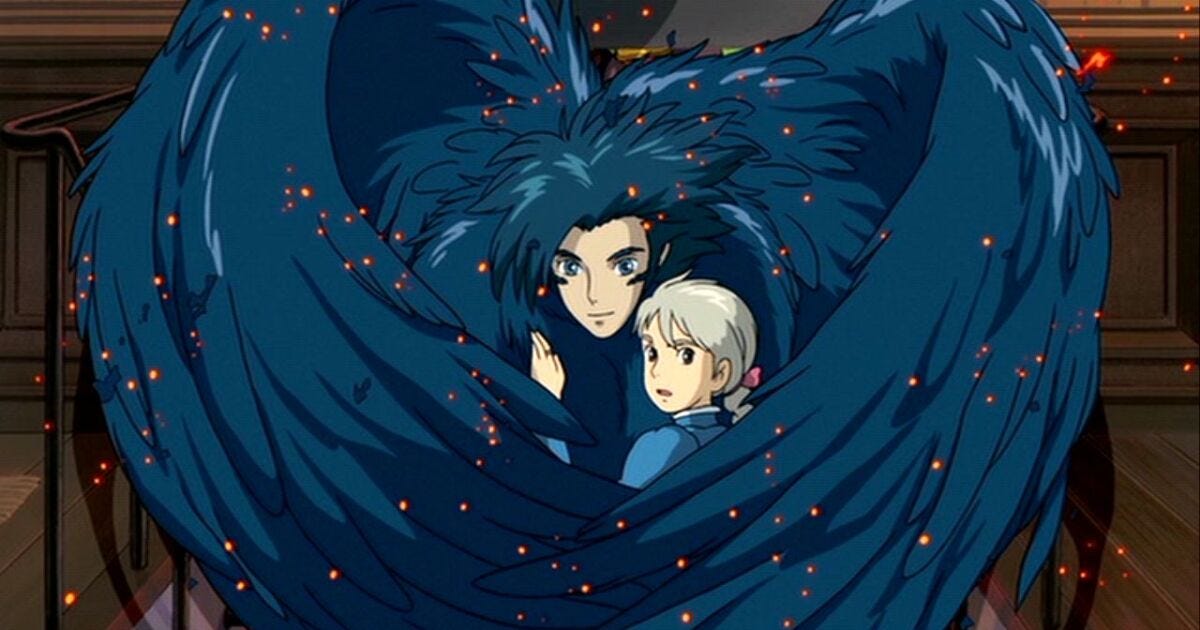
9H: when you’ve never felt that way with your own self? You wish someone would come along and free you to make your own mistakes, to forge your own way. You wish someone would destroy your old life and self for you because that would be easier than accepting it.
Suraj: (smiles weakly) Touché. Anything seems more bearable than the loneliness, the exhaustion, right? Feeling like your mind was splitting with ideas you couldn't pursue, share, that your too-small body would tear at the seams from containing your raging spirit?
9H: That you’d implode from all these stifling niceties and the burden of living in a surveilled body, policed body, controlled body. When you’re so bound to the wrong type of body, all you want is to escape to your head. In the wrong type of body, you can’t afford to make the necessary mistakes to find out who you really are because time won’t ever forget or let you grow past yourself. So you just learn secondhand about what living feels like but that sanctuary grows too crowded, eventually.
We’ve all been there, in the middle of that fire and that grief, when you want so badly to be raw and true but all people want from you is endless generosity and you’re afraid it’s the one thing you don’t have. Testing your limits is terrifying. What if you’re nothing you hoped you’d be? What if you’re everything and more?
Suraj: And you feel like screaming at everyone and at yourself for needing their help to dig yourself out of your limits in the first place. It’s agonizing to want like this. My mom used to think I was possessed, you know. Cursed because my appetite made no sense.
A jinn that punishes you with passion would be funny because the enormity of the passion was nearly enough to have me canonized as a saint. Sometimes, it felt like rapture. Other times, it felt like death. And the whole drama was about something as small as an imagination that always wanted to eat the world whole and spit it out new and shiny. Just the hunger for people to change with you in your warmth, just the realization they wouldn't move forward and you waited for them because it was easier than realizing you were doing the same thing: refusing to change, refuse to endure more loss.
9H: Realizing they resented you for how much they needed your light when they struggled to generate their own. Doing heroic virtuous things, perfecting goodness like it was an art, being honorable — all to realize your brilliance made you lonely.
Suraj: (laughing) realize realize realize, the word doesn’t sound real anymore. (he quietens) Then the climax of all that urgency and rushing to finally confront your own incapability to understand and accept rejection. When you never learned to fail, you never learned to quit.
And not learning how to fail does terrible things to you. You —
(he pauses, working up his nerve)
Suraj: (voice wavering) You have a friend that you’re in love with. Both of you met at a play and now you’re both breaking into acting together. You’re so close that the two of you joke about this being a cakewalk for you because of your dad and you’ve never let anyone joke about your dad before. Something is shifting between the two of you, and it’s the first thing you’ve wanted freely, honestly. He’s the only one who understands how alienated you feel and he shares your ideas of the world. He’s found a way to be devoted to craft and excellence without being consumed by it and you’re learning from him.
Shams had auditioned for his dream role and gotten the acceptance call. He was so happy — and I still remember how he looked that night — but he still put me first because I was freaking out; I wasn’t getting anything and my dad was getting testy. A couple of days later, my dad called and told me he had gotten me something. It was the lead Shams had been given but he had pulled strings and secured it for me. I still think he did it on purpose. For some reason, he’s always seen Shams as a threat to me.
He told me to take it and threatened to cut me off when I tried to refuse. I caved. There’s so much about my home and my father the world doesn’t know. Shams found out, of course, and unlike me, he knew when to give up on a lost cause. He was reassigned to the villain role, which was good creatively, because he hated me.
(Suraj tries to laugh. it comes out strangled.)
You’ve heard of enemies to lovers. Now get ready for friends to almost-lovers to enemies. The movie gave us both our breakout roles and it cemented our reputations going forward: him as the villain, me as the hero. This is the second time we’ve worked together. I’m surprised he accepted — so surprised that I’m practically getting carried away on false hope — so I want to do things right.
All my life, I talked such a big talk about honor and integrity, the way I missed out on an adolescence of being bad without any consequences, the agony of being ceaselessly perfect, and exceptional but I definitely went back and got it all.
(Suraj looks up and his eyes are wet with tears)
And I know I’m doing it again, letting someone else take the fall for me. But I need help. I can’t do this alone. Thank you for doing this.
(I pause to compose myself)
9H: I’ll be alright, kid. I’ve been in this business for a long time. But I’m glad you’re getting out. Maybe you can bring honor and art back to entertainment. And I hope this doesn’t sound cheesy but I’m proud of you for refusing to suffer any longer. Most of us go our entire lives without realizing that some struggles aren’t worth it and we pretend we’re being selfless when we’re just afraid we won’t have a purpose outside rescuing others. You are learning to be true to yourself and to not carry other people’s unfulfilled dreams and ambition. You’ll find the people you’re looking for. They’ll come to you and accept you as you are, without needing you to be a prophet who saves them and changes the world.
The interview was published in October. It worked, because the movie was released in February to furor but we were both prepared. In April, reports emerged of Suraj leaving the city. In August, he had been spotted in a play.
The next year in December, I received an envelope. Inside was an invitation for a play and a picture. The play’s hero was Shams and Suraj was playing the villain. The picture was a backstage shot of the entire cast. In the middle were Shams and Suraj grinning at each other, twin suns, arms around each other, cazimi-ing the room by the force of their happily-ever-after.
book with me at @ranniazorya or by emailing me at ranniazorya@gmail.com. I offer basic birth chart overviews (you can choose the question), profection year consultations, 3-month transit breakdowns (based on your chart) and tarot readings.
Author’s note:
Trudy of Gradient Lair has created pivotal work about how hypervisibility doesn't mean respect.
“Trudy of Gradient Lair has written that the hypervisibility of Black people functions in a way in which Black people are constructed and used as stepping stools who can then be turned into non-human products to be consumed by and used for the benefit of whites and non-Black people of color.”
To summarize and give very basic points: people are so desperate for fame because they think it means power that they resent those who have it, acting like social media fame is a class unto itself, without stopping to think about who’s actually making money and who’s being made money off. For marginalized people (especially Black people), hypervisibility means violence, theft and commodification.
In this attention economy, everyone desires visibility. That’s why everyone is gunning to ‘raise awareness’. We see attention as an automatic good so we share news of crises and of new beautiful things, like ancient ruins. We don’t stop to consider if that small town can deal with a flood of tourists as we blast it on social media as our discovery. Can that hidden ruin cope with visitors? People are so eager to discover and share, to be the first, that they don't realize the massive consequences of visibility. Many communities, places and texts don't have the material resources to protect themselves against visibility. We act like colonizers, eager to get credit for discovering something.
When a thing is pulled out of its circuit and target audience, it receives backlash because everyone acts like it’s okay to join a conversation that was never for them. Even the praise is harrowing because it's psychologically impossible to respond to such a scale. The trickle-down of neoliberal economics means we all rave about hypergrowth everywhere, wanting it in our relationships, work, social media follower platforms, without discussing the fallout when your infrastructure isn’t equipped to deal with it.
We act like all conversations on social media are for us, and interrupt accordingly, without realizing we're not the target audience. We justify harassment by saying the sentiment was expressed publicly without realizing how this is distorting our sense of boundaries, friendliness and entitlement. We want everything for free; we interrupt marginalized people's conversations because we always secretly wanted to be centered and now social media has made it okay; we think having a high follower count translates into some form of privilege when most stuff put out by small-scale artists is devoured for free and creators talk about how difficult it is to translate attention into money. People get doxxed. Female creators lose money and followers when they mention being partnered because men follow them to create a fantasy around them.
Some measure of parasocial behavior is inevitable but the scale we're having them on is massive and unstable. Social media is so young. We don't yet realize what it's doing to us and how we relate to each other. There's such a thing as knowing too much about each other, having too much access. The proximity is suffocating. How long can a self sustain being inundated with so many responses to your being? How far will we go in our quest for visibility and the legitimacy it provides before realizing how destructive it is?
To me, Leo is the rom-com love interest, the ultimate performer who takes their cues from their partner and dances in step. That’s why it’s an actor. Sometimes, they’re obvious: as Suoh Tamaki in Ouran Highschool Host Club (2006), Chiba Mamoru from Sailor Moon (1993 and on), Patrick Verona in 10 Things I Hate About You (1999), Austin Ames in A Cinderella Story (2004), Alex Stewart from Love, Rosie (2014), Prince Edward and Robert Philip from Enchanted (2007), Aster Flores in The Half of It (2020), ‘Woodchuck’ Todd from Easy A (2010), Rogelio from Jane the Virgin (2014). Sometimes they’re obvious to the wise, like the chemistry between Xavier and Magneto in X-Men: First Class (2011), or Naruto and Sasuke (that one was obvious to everyone).
No one hits all the Leo beats as well as the dashing romantic hero: the honor, the fall from it and the redemption, the slow gradual transformation into a truer self, always a leader (whether popular or not), the deep passion, the insistence on being true to yourself that they impart to the lead, the lesson in loving yourself and understanding your limitations, choosing a community that accepts you as you are, and then helming their resistance against tyranny. Their union doesn’t weaken the sense of self. It reifies it.
Is there anything more Leo than a flirtatious Prince Charming? An intense (to the point of bewildering) charming rogue? Someone intelligent loud faith-filled ready-with-a-retort equal who sees the truth of you and fights you to help you become your true self, who protects you and gives you hope in yourself? The greatest romantic fantasy is a partner who keeps shining on you when you shrink away from the light and isolate, who sees through your bullshit, unfazed. The Leo hero is irreplaceable, unforgettable, self-assured, because nothing exalts in the king’s place. That domicile is theirs alone.
Sometimes, care is nurturance. Sometimes, care is a purifying fire that burns you, demands you be reborn, wants you to be free to be great. It is not Wilde’s Happy Prince of endless giving but of waiting to be joined in your secure ownership.
the tagline ‘mad heart, be brave’ comes from Agha Shahid Ali’s The Country Without A Post Office.
(I think of leos as the salt to a dish. It's like the sun when there's too much rain. You don't know what you're missing until it's not there. But you can really tell the excess).
the structure of the story is based on the sun’s role in the retrograde phase process. Like Saturn, the Sun is a time-keeper. With that light, we have changes in temperament, visibility, performance, function of the other planets. The Sun is the beating heart of our galaxy — life-giver, light-giver, fire-breather. Sustaining us all by sustaining themself, the support by example, the heat that warms by careful restraint because it is embraced and known and not leashed, the wisdom that comes from glowing and not from suffering.
I’ll leave you with this:
First —
“Brad Listi had me back on his Otherppl podcast, and one thing we talked about was the gift of obscurity:
People worry so much about people being angry at them or doing the wrong thing, but obscurity can be this great gift. You can experiment. It’s a kind of freedom. Now, unlimited freedom can be very paralyzing, too. Freedom is not necessarily the best thing ever for art; there’s a tension between freedom and constraint out of which great art arises. Obscurity can be a real gift if you use it correctly.”
Second —
The desperation for a legacy, to be memorable, comes from the idea that you can only matter as a singular individual who achieved something great enough for others to remember you. It considers lives spent loving and having fun small, irrelevant, something failures settle for because they cannot be prodigal enough for history.
I believed this too, but now it seems funny to me. Getting intimate, specific, detailed one-on-one love is so hard that it’s easier to score a place in vague general public consciousness instead.
As Ursula Le Guin writes in her The Carrier Bag of Fiction essay:
“The novel is a fundamentally unheroic kind of story. Of course the Hero has frequently taken it over, that being his imperial nature and uncontrollable impulse, to take everything over and run it while making stern decrees and laws to control his uncontrollable impulse to kill it. So the Hero has decreed through his mouthpieces the Lawgivers, first, that the proper shape of the narrative is that of the arrow or spear, starting here and going straight there and THOK! hitting its mark (which drops dead); second, that the central concern of narrative, including the novel, is conflict; and third, that the story isn’t any good if he isn’t in it.
I differ with all of this. I would go so far as to say that the natural, proper, fitting shape of the novel might be that of a sack, a bag. A book holds words. Words hold things. They bear meanings. A novel is a medicine bundle, holding things in a particular, powerful relation to one another and to us.
One relationship among elements in the novel may well be that of conflict, but the reduction of narrative to conflict is absurd. (I have read a how-to-write manual that said, “A story should be seen as a battle,” and went on about strategies, attacks, victory, etc.) Conflict, competition, stress, struggle, etc., within the narrative conceived as carrier bag/belly/box/house/medicine bundle, may be seen as necessary elements of a whole which itself cannot be characterized either as conflict or as harmony, since its purpose is neither resolution nor stasis but continuing process.
Finally, it’s clear that the Hero does not look well in this bag. He needs a stage or a pedestal or a pinnacle. You put him in a bag and he looks like a rabbit, like a potato.
That is why I like novels: instead of heroes they have people in them.




